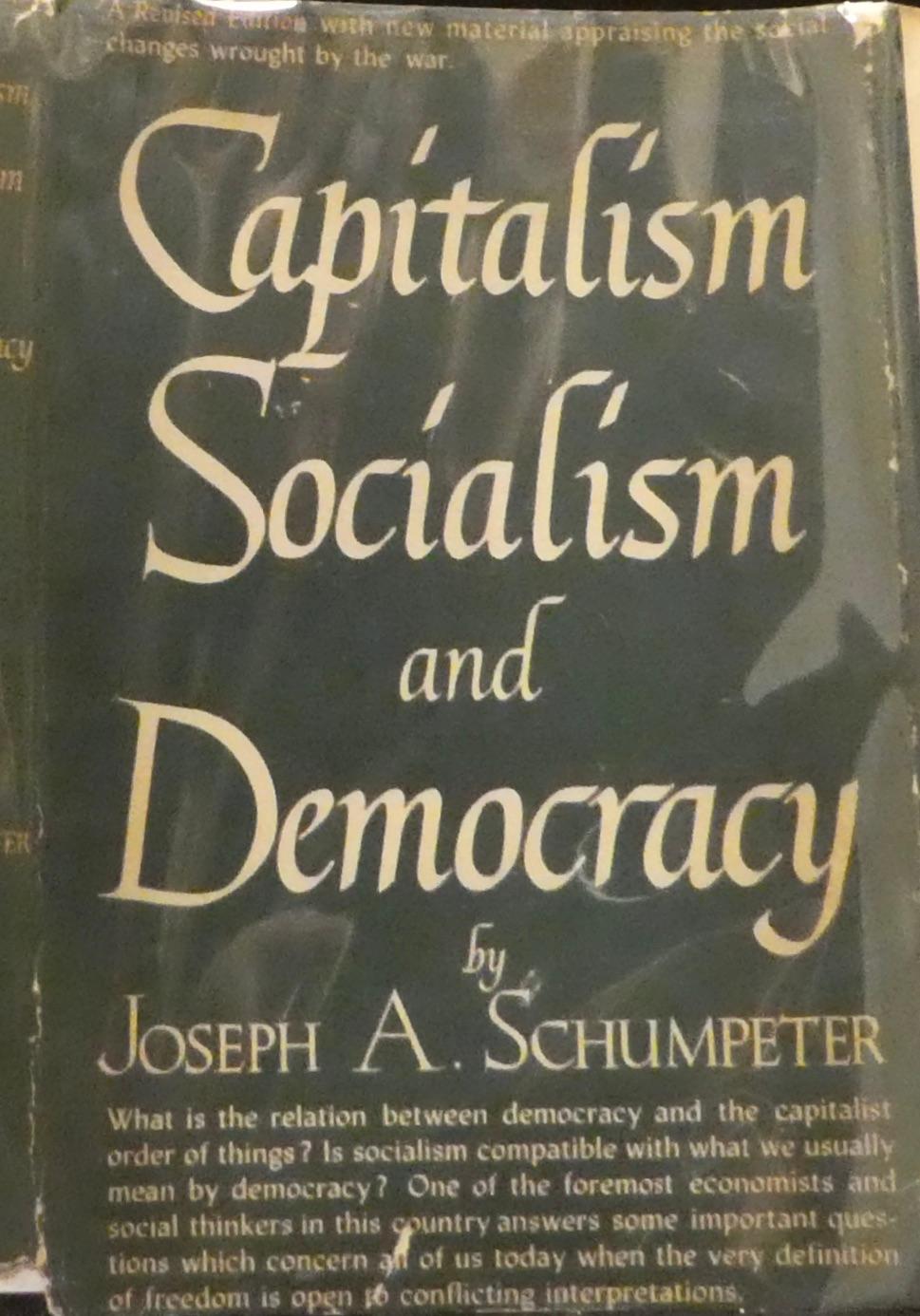

Schumpeter claims that any theory of crisis gains support when crises occur, and points to some developments that Marx's theories have failed to predict. The last section, Marx the Teacher, evaluates the usefulness of Marx's thought to interpret the events of his time and those between his death and Schumpeter's time. He also deals with the concept of crisis and business cycle, two economic theories that Marx pioneered (p. 39). The section Marx the Economist focuses on Marx's economic theory and judges it excessively "stationary" (pp. 27, 31). The section Marx the Sociologist focuses on how Marx's theory of class fits in with the larger intellectual traditions of the day and how it superseded them in at least its ability to synthesize sociological thought. The section Marx the Prophet explains that if nothing else Marx would have been received well by people who needed a theory to explain what was happening in their society. The analysis of Marx is broken down into four roles that Schumpeter ascribes to the writer (prophet, sociologist, economist, and teacher). Noteworthy is the way that Schumpeter points out the difference between the capitalist and the entrepreneur, a distinction that he claims Marx would have been better served to make (p. 52). Schumpeter devotes the first 56 pages of the book to an analysis of Marxian thought and the place within it for entrepreneurs.

( June 2009) ( Learn how and when to remove this template message)

Unsourced material may be challenged and removed. Please help improve this section by adding citations to reliable sources. in economics at UCLA.This section does not cite any sources. He is also an emeritus professor of economics with the Naval Postgraduate School and a research fellow with the Hoover Institution at Stanford University. Henderson is the editor of The Concise Encyclopedia of Economics. Schumpeter was president of the American Economic Association in 1948.ĭavid R. In that same year he accepted a permanent position at Harvard, where he remained until his retirement in 1949.

With the rise of Hitler, Schumpeter left Europe and the University of Bonn, where he was a professor from 1925 until 1932, and emigrated to the United States. In 1911 Schumpeter took a professorship in economics at the University of Graz. He was one of the more promising students of Friedrich von Wieser and Eugen von Böhm-Bawerk, publishing at the age of twenty-eight his famous Theory of Economic Development. Born in Austria to parents who owned a textile factory, Schumpeter was very familiar with business when he entered the University of Vienna to study economics and law.


 0 kommentar(er)
0 kommentar(er)
